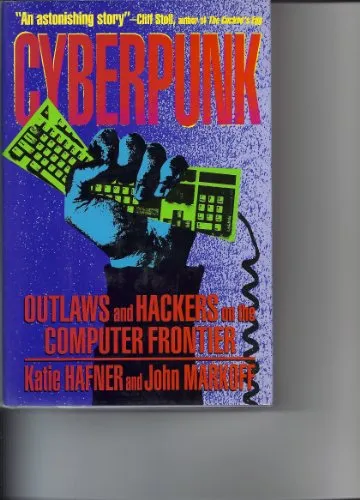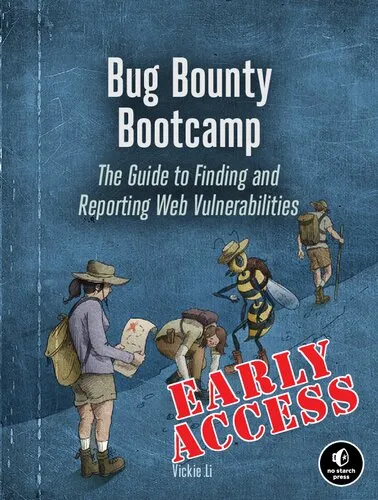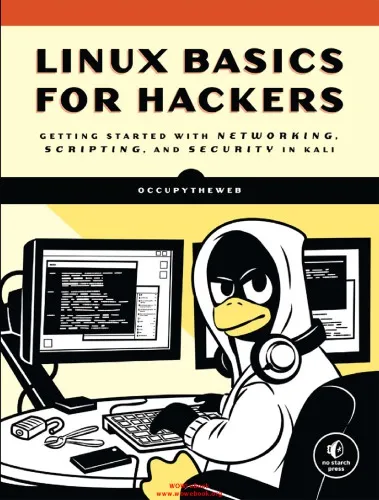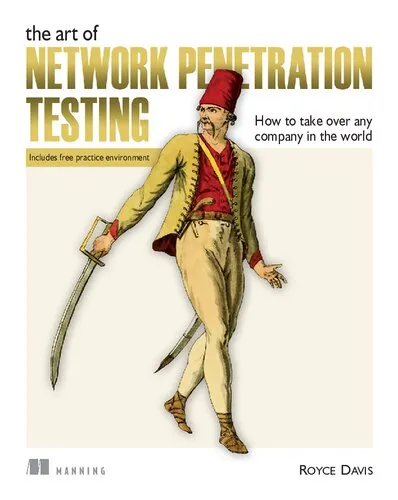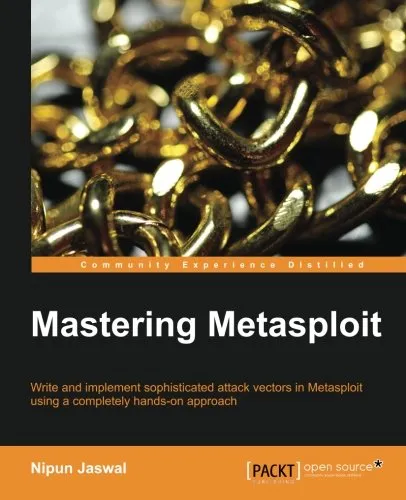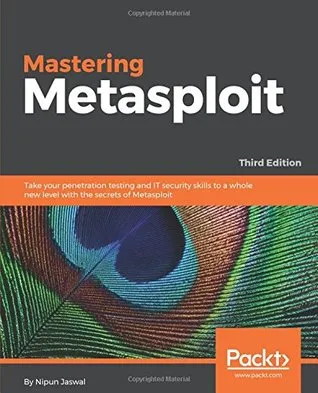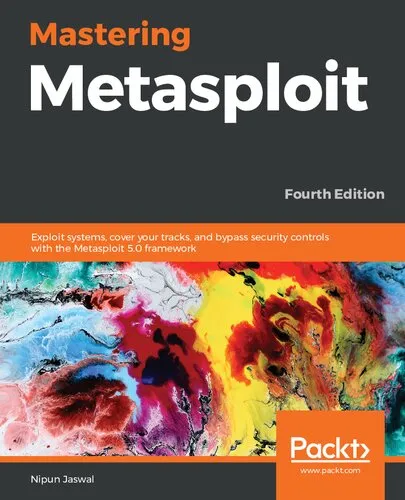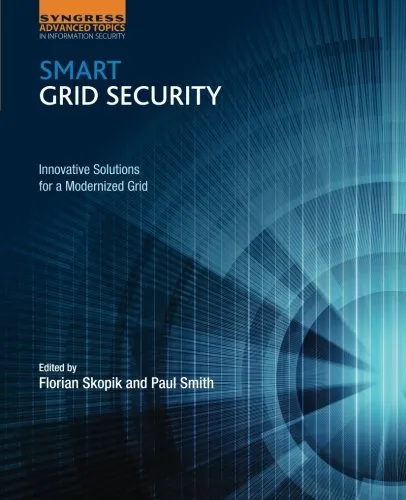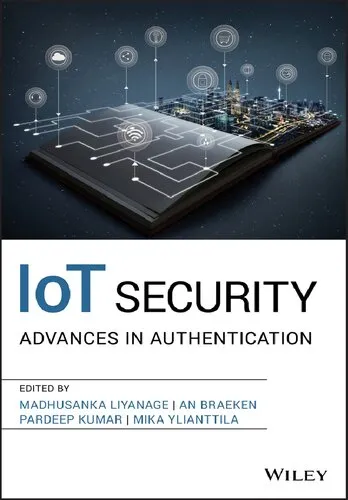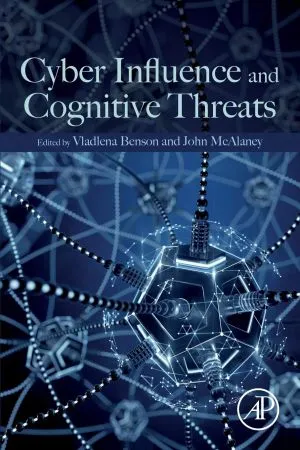Cyberpunk. Outlaws and Hackers on the Computer Frontier
4.5
Reviews from our users

You Can Ask your questions from this book's AI after Login
Each download or ask from book AI costs 2 points. To earn more free points, please visit the Points Guide Page and complete some valuable actions.Related Refrences:
The world of computers and hacking has often been shrouded in mystery, fear, and fascination. In Cyberpunk: Outlaws and Hackers on the Computer Frontier, Katie Hafner and John Markoff take readers on a thrilling journey through this enigmatic world, exploring the lives of hackers, the ethics of cybercrime, and the evolution of the digital landscape in the late 20th century.
Detailed Summary of the Book
First published in 1991, Cyberpunk: Outlaws and Hackers on the Computer Frontier is a groundbreaking exploration of the people and events that shaped the early world of cybercrime and hacking. The book focuses on three significant stories, each centered around a unique and fascinating character: Kevin Mitnick, Pengo, and Robert T. Morris. By weaving these compelling narratives together, Hafner and Markoff reveal not just the technical exploits of these cyberpunks, but also their personalities, motivations, and ethical conflicts.
The first profile focuses on Kevin Mitnick, who became one of the most infamous hackers in the United States. Known for his social engineering skills and audacious hacks, Mitnick's story dives into his obsessive passion for technology and the legal consequences of his actions. His cat-and-mouse game with the authorities offers a dramatic look at the early days of computer crime.
The second story revolves around Pengo, a young German hacker involved in a notorious espionage ring. Pengo's tale shines a spotlight on the intersection of hacking and international affairs, as he sells access to hacked systems to the Soviet KGB. This narrative uncovers the grey areas where political intrigue and cybercrime intersect.
Finally, the book examines the case of Robert T. Morris, the creator of the first major internet worm that propagated widely in 1988. Unlike the other two protagonists, Morris was not a malicious hacker, but his unintended disruption of critical computer systems highlights the dangers of experimentation in a highly interconnected world.
Through these three stories, the book explores key themes such as the thrill of hacking, the ethics of digital exploitation, and the technical vulnerabilities of early computer networks. It paints a vivid portrait of a time when laws about cybercrime were still being written and computer technology was a relatively new frontier.
Key Takeaways
- The early world of hacking was both driven by curiosity and marred by criminal intent.
- Social engineering is as powerful as technical hacking in gaining access to systems.
- Technology can outpace legislation and ethics, leaving society vulnerable to exploitation.
- The line between malicious hacking and experimentation is often blurred, resulting in unintended consequences.
- The stories of these hackers reflect broader questions about trust, authority, and freedom in the digital age.
Famous Quotes from the Book
"The hacker mission is not destruction, but discovery."
"Hacking is often about exploring potential, not necessarily about exploiting it."
"The computer world was a chaotic playground of opportunity, but it was also fraught with moral dilemmas."
Why This Book Matters
Cyberpunk: Outlaws and Hackers on the Computer Frontier is a seminal work for several reasons. First, it provides a detailed account of hacking's origins during a pivotal time in computer history, offering invaluable context for understanding how cybercrime evolved. The book humanizes the individuals behind the screens, presenting them as complex, flawed, and deeply curious protagonists, which challenges the conventional image of hackers as purely malicious actors.
Furthermore, the issues discussed in Cyberpunk remain highly relevant today. In an era of increasing reliance on digital infrastructure, cybercrime continues to pose significant risks. The ethical questions raised in the book still resonate, prompting discussions about individual responsibility, corporate accountability, and government intervention.
Finally, the book is a testament to the enduring allure of hacking itself. It provides a glimpse into the subculture that has historically been both revered and reviled, and captures the spirit of innovation, curiosity, and rebellion that defines the hacker ethos. For anyone interested in technology, history, or cybersecurity, this book is an essential read that remains as fascinating and provocative today as it was upon its release.
Free Direct Download
You Can Download this book after Login
Accessing books through legal platforms and public libraries not only supports the rights of authors and publishers but also contributes to the sustainability of reading culture. Before downloading, please take a moment to consider these options.
Find this book on other platforms:
WorldCat helps you find books in libraries worldwide.
See ratings, reviews, and discussions on Goodreads.
Find and buy rare or used books on AbeBooks.
1387
بازدید4.5
امتیاز0
نظر98%
رضایتReviews:
4.5
Based on 0 users review
Questions & Answers
Ask questions about this book or help others by answering
No questions yet. Be the first to ask!
